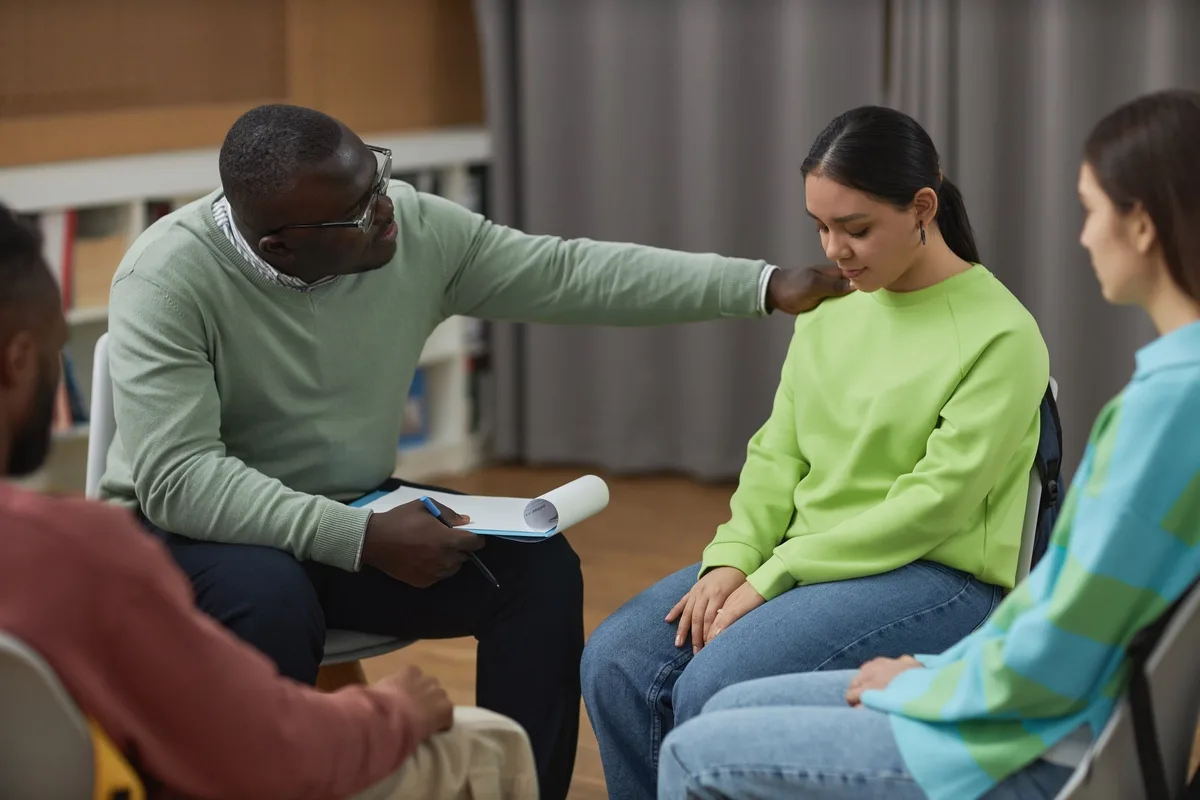24/7 Helpline:
(866) 899-221924/7 Helpline:
(866) 899-2219
Learn more about Dual Diagnosis Rehab centers in Aliso Viejo
Dual Diagnosis Rehab in Other Cities

Other Insurance Options

Optima

State Farm

Self-pay options
Beacon

Group Health Incorporated

Lucent

MHNNet Behavioral Health

Optum

Highmark

Health Choice

Access to Recovery (ATR) Voucher

CareFirst

GEHA

Absolute Total Care

Health Partners

Excellus

Sutter

Coventry Health Care

Regence

Providence

Sobertec
Sobertec - Columbia offers inpatient and outpatient services for individuals with alcohol and/or sub...

Invictus Health Group
Invictus Health Group is a private rehab located in Aliso Viejo, California. Invictus Health Group s...









